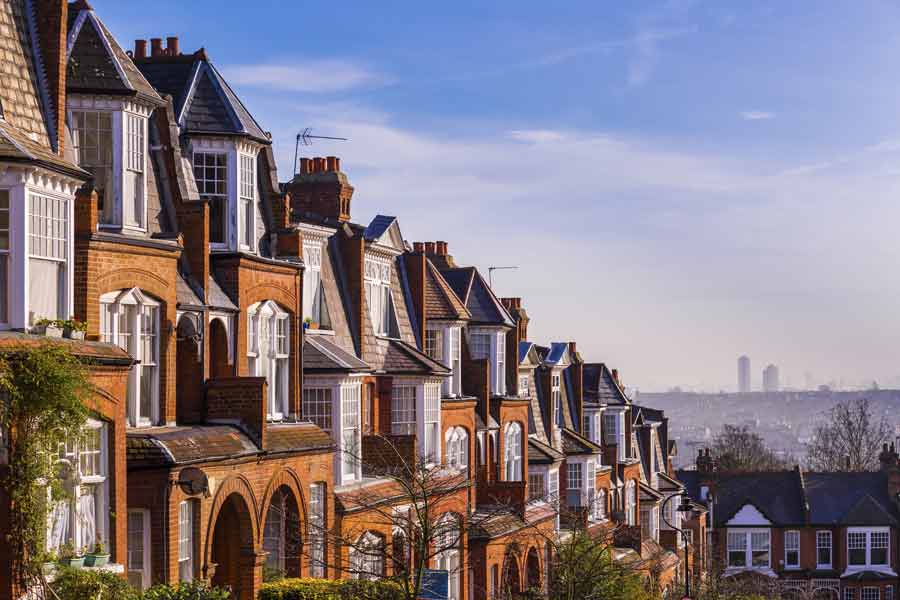05
October 2017
London House Prices Fall for the First Time in 8 years
Residential property in London has seen its first decrease in price since late 2009, when the country was still reeling from the financial crisis.
Nationwide released figures on Friday that showed that the average price in the capital fell by 0.6% to £471,761 between July and September when compared with prices last year.
Surprisingly, although nationwide growth was at an all-time low, London was the only area to notice an actual drop in prices. The North and Midlands faired best in terms of growth, with cities such as Manchester, Edinburgh and Birmingham experiencing between 5 and 7% growth, whereas cities such as Cardiff Bristol and Oxford fell well short of 5%. The East Midlands as a county faired the best, with property values jumping by an average of 5.1%. Across the rest of the country, growth was sluggish but steady with an average 2% increase, just under the same quarter last year’s growth of 2.1%.
The gap between London and the rest of the country in terms of property prices appears to be somewhat shrinking. Nationwide’s chief economist Robert Gardner said “House price growth rates across the UK have converged in recent quarters,”
“Annual growth rates in the south of England have moderated towards those prevailing in the rest of the country. London has seen a particularly marked slowdown, with prices falling in annual terms for the first time in eight years.”
According to Nationwide, low interest rates are thought to have previously supported the market by making cheaper mortgages more readily available and generally boosting disposable income. This effect however has been negated as inflation outstrips weak wage growth and households begun to feel greater financial pressure. The Bank of England’s governor Mark Carney gave a strong indication that increasing interest rates may be on the horizon.
"What we have said, that if the economy continues on the track that it's been on, and all indications are that it is, in the relatively near term we can expect that interest rates would increase somewhat," he said.
Nationwide has played down the effect a small interest rate increase will have on the housing market, expecting little change.
Analysis has showed that factors such as Brexit as well as a higher stamp duty on homes are all having a dampening effect on the capital’s house prices. Slumps in growth started with some of the most expensive homes in London, but the effects appear to be spreading, leaving homes with more realistic price tags. Nicholas Finn, the executive director of London-based Garrington Property Finders said.
“The capital’s gravity-defying, double-digit rates of annual price growth were always going to be unsustainable.
“The softening of prices was initially led by the capital’s prime market, which was knocked sideways both by Brexit and in the wake of the introduction of higher rates of stamp duty for high-value homes. But it is now spreading from the central boroughs – which saw prices rise fastest during the boom – to other areas where the growth came later.”





